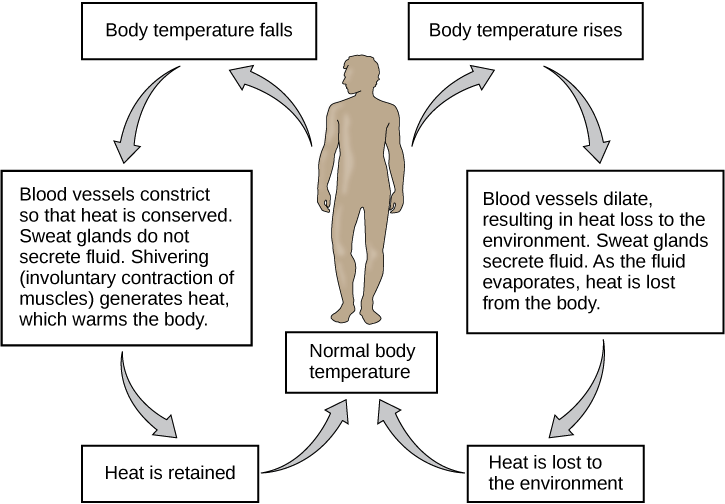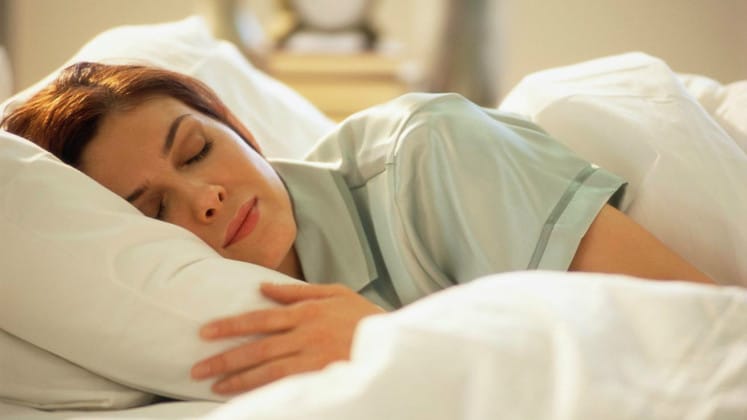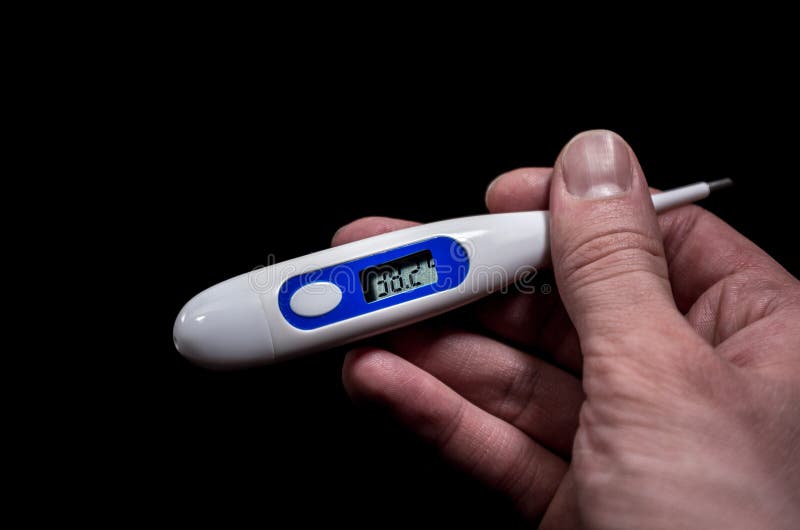
Certain chronic illnesses, such as heart or lung disease, might increase your risk of heatstroke. Stimulants for attention-deficit/hyperactivity disorder (ADHD) and illegal stimulants such as amphetamines and cocaine also make you more vulnerable to heatstroke.

Be especially careful in hot weather if you take medications that narrow your blood vessels (vasoconstrictors), regulate your blood pressure by blocking adrenaline (beta blockers), rid your body of sodium and water (diuretics), or reduce psychiatric symptoms (antidepressants or antipsychotics). Some medications affect your body's ability to stay hydrated and respond to heat. Fans may make you feel better, but during sustained hot weather, air conditioning is the most effective way to cool down and lower humidity.Ĭertain medications. However, you may still have an increased risk of heatstroke until you've experienced several weeks of higher temperatures. Limit activity for at least several days to allow yourself to acclimate to the change.

You may be more susceptible to heat-related illness if you're exposed to a sudden increase in temperature, such as during an early-summer heat wave or travel to a hotter climate. Military training and participating in sports, such as football or long-distance running events, in hot weather are among the situations that can lead to heatstroke. Both age groups usually have difficulty remaining hydrated, which also increases risk. In the very young, the central nervous system is not fully developed, and in adults over 65, the central nervous system begins to deteriorate, which makes your body less able to cope with changes in body temperature. Your ability to cope with extreme heat depends on the strength of your central nervous system.

Take immediate action to cool the overheated person while waiting for emergency treatment. Call 911 or your local emergency services number. If you think a person may be experiencing heatstroke, seek immediate medical help. Your pulse may significantly increase because heat stress places a tremendous burden on your heart to help cool your body. Your breathing may become rapid and shallow.
#Low body temp sick skin#
Your skin may turn red as your body temperature increases. You may feel sick to your stomach or vomit. However, in heatstroke brought on by strenuous exercise, your skin may feel dry or slightly moist. In heatstroke brought on by hot weather, your skin will feel hot and dry to the touch. Confusion, agitation, slurred speech, irritability, delirium, seizures and coma can all result from heatstroke. A core body temperature of 104 F (40 C) or higher, obtained with a rectal thermometer, is the main sign of heatstroke. your body is shaking spasmodically, or becomes rigid with arches back, clenched jaw, and eyes rolling upwards. GO TO THE EMERGENCY DEPARTMENT IF YOU HAVE:ĭifficulty in breathing (especially in children)įits or seizures, e.g. You also have chronic conditions like asthma, cough, diabetes and pain when passing urine. Take a cold shower to lower your body temperature If you feel uncomfortable, consult your neighbourhood pharmacist about over the counter medication like Aspirin (not recommended for children) or Ibuprofen. If your fever is less than 38☌, just rest and drink plenty of fluids. Use a thermometer to take your temperature When you have a fever, you may also experience a hot, flushed face, headache, loss of appetite, body aches, shivering, sweating or weakness. It is caused by infections or other illnesses like flu, overheating, or dehydration.

A fever is when your body temperature is higher than normal, i.e.


 0 kommentar(er)
0 kommentar(er)
